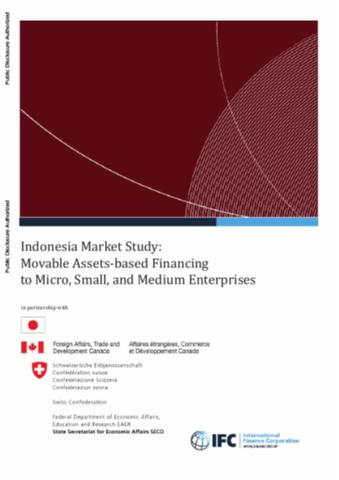Location
The World Bank is a vital source of financial and technic
IFC, a member of the World Bank Group, is the largest global development institution focused exclusively on the private sector in developing countries.
We utilize and leverage our products and services—as well as products and services of other institutions in the World Bank Group—to provide development solutions customized to meet clients’ needs. We apply our financial resources, technical expertise, global experience, and innovative thinking to help our partners overcome financial, operational, and political challenges.
Clients view IFC as a provider and mobilizer of scarce capital, knowledge, and long-term partnerships that can help address critical constraints in areas such as finance, infrastructure, employee skills, and the regulatory environment.
IFC is also a leading mobilizer of third-party resources for its projects. Our willingness to engage in difficult environments and our leadership in crowding-in private finance enable us to extend our footprint and have a development impact well beyond our direct resources.
Members:
Resources
Displaying 6 - 10 of 52Handshake, No. 6 (July 2012)
Air and sea transport power the global
economy. Since the vast majority of trade is physical, it
must travel by plane or ship to reach its market. In fact,
high value, time-sensitive goods usually fly through at
least two airports, and almost every container passes
through at least two seaports. When ports are efficient,
people receive the goods theyre waiting for, sellers receive
payment, and global economic development is strengthened.
Handshake, No. 4 (January 2012)
This issue includes the following
headings: mass rapid transit: a tool for urban expansion;
financing: beyond sovereign guarantees; and low-income
housing: lessons from Latin America.
Handshake, No. 8 (January 2013)
This issue includes the following
headings: infrastructure - A new direction for New Zealand
schools, Primary schools, primary importance, Sustainable
school buildings, and PPPs build the future; services - A
charter for change, vouching for the future, Low fees, high
hopes, Private schools for the poor, and Governments and
business schools; innovation - Education for the 21st
century, Access for all, Bricks and clicks, Open education
Handshake, No. 7 (October 2012)
This issue includes the following
headings: road: Brazils competitive drive; rail: speeding
toward tomorrow; logistics: MIT expert on why logistics
clusters matter; and interview: UPSs sustainable strategies.
Indonesia Market Study
The report aims to assess the current market for movable assets based lending with respect to micro, small and medium enterprises (MSMEs) in Indonesia. The sections of the report highlight the addressable demand for MSMEs and the current supply provided by various formal sources of financing in Indonesia. Traditionally, financial institutions have preferred lending against fixed asset collateral only. Using that as a starting point, the report seeks to identify the current challenges in lending against movable assets.




